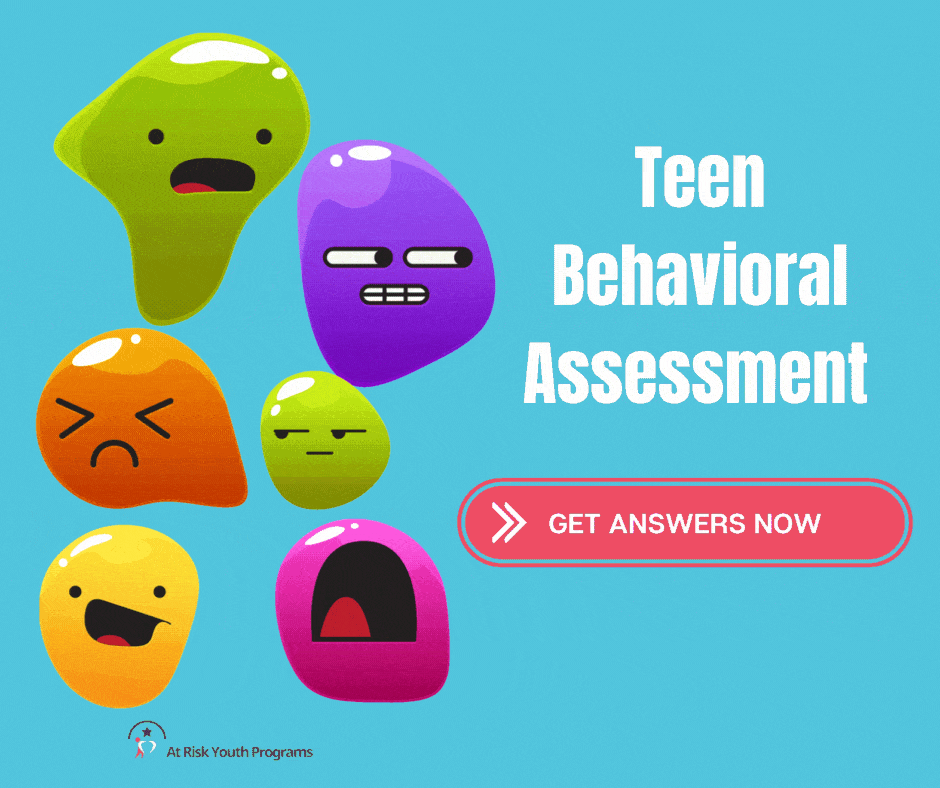Residential Depression Treatment for Teens: An Overview for Parents
As a parent, watching a teen go through a mental health struggle is no doubt a challenge. Major depressive disorder could be one of the most common mental health problems faced by American teens, and, yet, the problem is often overlooked.
According to data released by Mental Health America in 2020, at least 13 percent of people between the age of 12 and 17 reported at least one major depressive episode (MDE) in the prior year. Further, 9.2 million teens coped with major depression. Unfortunately, less than half of teens who experienced an MDE actually got some type of treatment. Even fewer received residential depression treatment.
How COVID and 2020 Affected Depression Risks Among Adolescents
The challenges of COVID-19 and 2020 left much of society stressed out, facing more worry than ever, and dealing with emotional challenges. As many as 4 in 10 adults reported either anxiety or depression symptoms during the pandemic.
While adults definitely had their fair share of problems, adolescents were facing major life disruptions, their own lists of fears and worries, and heightened risks for adolescent depression. As many as 46 percent of parents saw signs of worsened mental health in their teens since the pandemic started.
Teens were forced to forgo many of the activities they enjoy, right down to gathering with their friends outside of school and missing out on prom, graduation, and other activities. COVID-19 forced many teens to spend more time at home, at an age when independence-seeking is just normal behavior. Routines were interrupted, loved ones were lost, and teens faced an immense amount of emotional upset. Many teens were impacted in such a way that depression and anxiety symptoms were amplified, and some developed major depressive disorder (MDD).
What is a major depressive disorder?
Major depressive disorder, often simply referred to as simply depression, is a mood disorder that can be characterized by overwhelming feelings of sadness, loss of interest in life, or despair. MDD affects how a teen feels, but also how they think, behave, and interact with the people around them. Depression often requires long-term treatment and is not an issue that simply subsides without some level of intervention in most cases.
Signs of Depression in Teens
Depression doesn’t always present the same in adolescents as it does in adults. Therefore, the problem can often go unnoticed by parents or caregivers and the teen suffers in silence, which can create the perfect storm for the situation to worsen. A teen may experience emotional changes, but also start acting out, turn to drugs or alcohol, or even distance themselves from their social circle and stop performing well in school. Other symptoms may include:
- Irritability
- Extreme sensitivity
- Self-harm
- Sleeping too much
- Missing school
- Changes in eating or weight
Severe situations with depression can lead to symptoms like suicidal thoughts or glorifying death, complaints of physical pain, and even posing a threat to themselves or others.
Types of Treatment Available for Teens with Depression
Teen depression is a largely untreated and overlooked problem, even though several forms of help are available when an adolescent is showing signs of problems. While working with a doctor to seek medicinal therapy for depression is common, most teens need a more robust approach to care. The two most common types of treatment for teen depression are residential depression treatment and outpatient depression treatment.
Inpatient Depression Treatment Centers
Inpatient depression treatment centers are in place to welcome a troubled teen with depression into an immersive therapeutic experience. These treatment centers can all have their own methodologies in place, but most involve multiple levels of therapy and counseling, such as group, individual, and family counseling, individualized care plans, and structured living environments with around-the-clock care.
While many parents find themselves apprehensive about getting residential depression treatment for their teens, these programs can be some of the most effective. For teens who are experiencing behavioral issues that threaten to derail their future, these programs can be what nudges them back on the right track.
Outpatient Depression Treatment
Outpatient depression treatment can be a viable option for some teens with less severe clinical depression. These programs often involve different types of counseling, interventional therapy, and possibly programs designed to help parents as well as teens. Many parents will seek outpatient therapy first, but if the outpatient care does not spur positive change, further care may be needed.
When is teen depression considered severe?
Making the decision to seek treatment, especially residential treatment that takes the teen out of the home, is one of the biggest challenges parents face. However, usually, red flags will let a parent know that they need to take drastic action because the teen is struggling with severe depression. Some of these red flags may include:
- Suicidal thoughts or notions
- Self-harm
- Behavioral problems that put the teen or someone else in danger
- “Out of control” behaviors that the parents can’t change
- Changes in overall personality that persist over the long term

What is the best way to treat teens with severe depression?
Teens with the most severe forms of depression tend to need a multifaceted approach to treatment. Not only is teen depression complex in itself, but co-occurring disorders are exceptionally common among teens who are depressed. For example, some researchers speculate that up to 45 percent of individuals with depression have experienced at least one anxiety disorder as well. These numbers may be even higher among adolescents.
Effective treatment for severe depression in teens always requires an individualized plan of action, as all teens experience MDD in their own ways. Some teens need intense psychotherapy or cognitive behavioral therapy, while others may also need treatment for multiple disorders at one time. For this reason, inpatient depression treatment centers are often the most effective option. Professionals are better able to gauge the teen’s needs and build a care plan around those needs that become part of their daily lives.
How to Choose a Residential Treatment Center for an At-Risk Adolescent
When you know your adolescent needs help with depression, you can feel like you are facing a monumental task. After all, the residential treatment center chosen will be entrusted with the well-being of your troubled teen. A few good pointers to remember to pick the best program:
- Check for state licensing and proper credentials
- Examine the academic programs that are available
- Find out what therapeutic programs are available
- Look for programs that encourage parental involvement
- See how the treatment center functions on a daily basis
If you are having a difficult time locating the right inpatient depression treatment center for your teen, feel free to reach out to us for advice.
Our team of family advocates will be happy to discuss options that may be available and which ones may be the best fit for your child.
Sources:
https://mhanational.org/issues/2020/mental-health-america-youth-data#two
https://www.mayoclinic.org/diseases-conditions/teen-depression/symptoms-causes/syc-20350985
https://www.mayoclinic.org/diseases-conditions/depression/symptoms-causes/syc-20356007
https://ajp.psychiatryonline.org/doi/10.1176/appi.ajp.2020.20030305

















